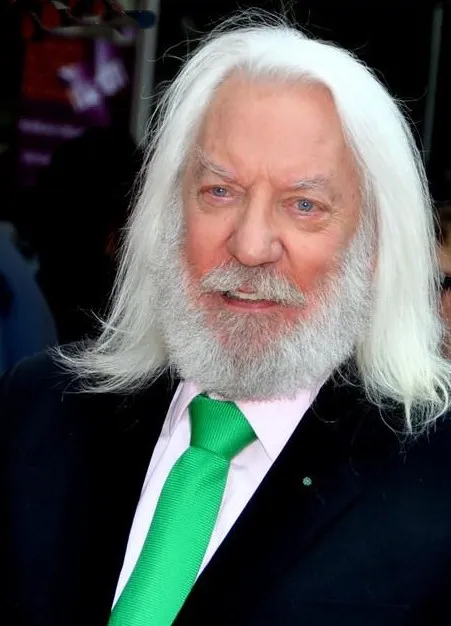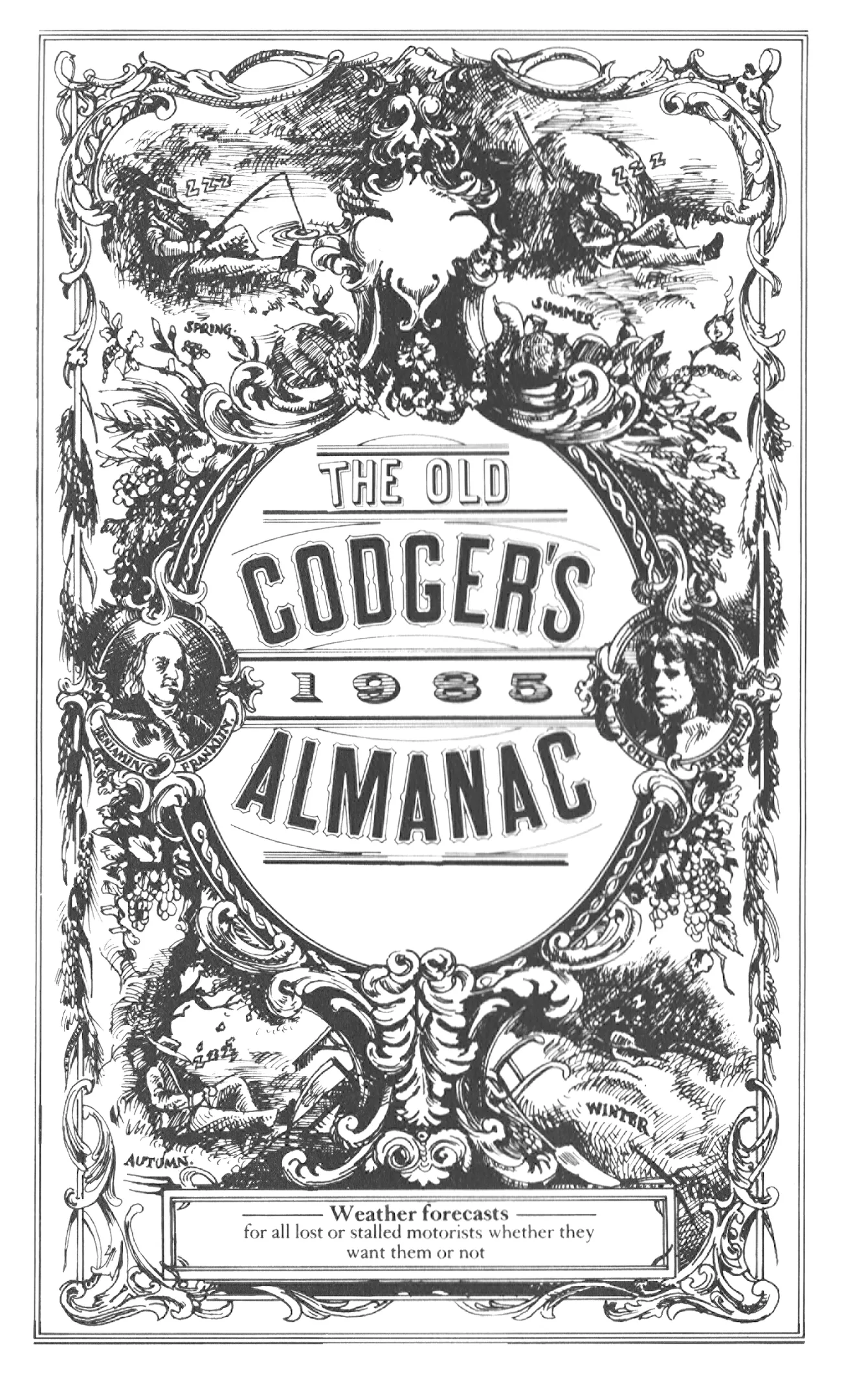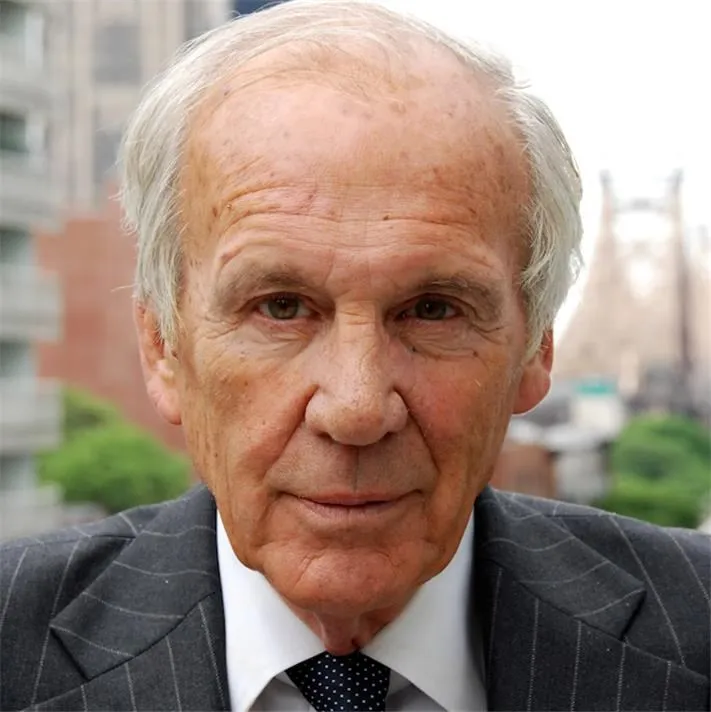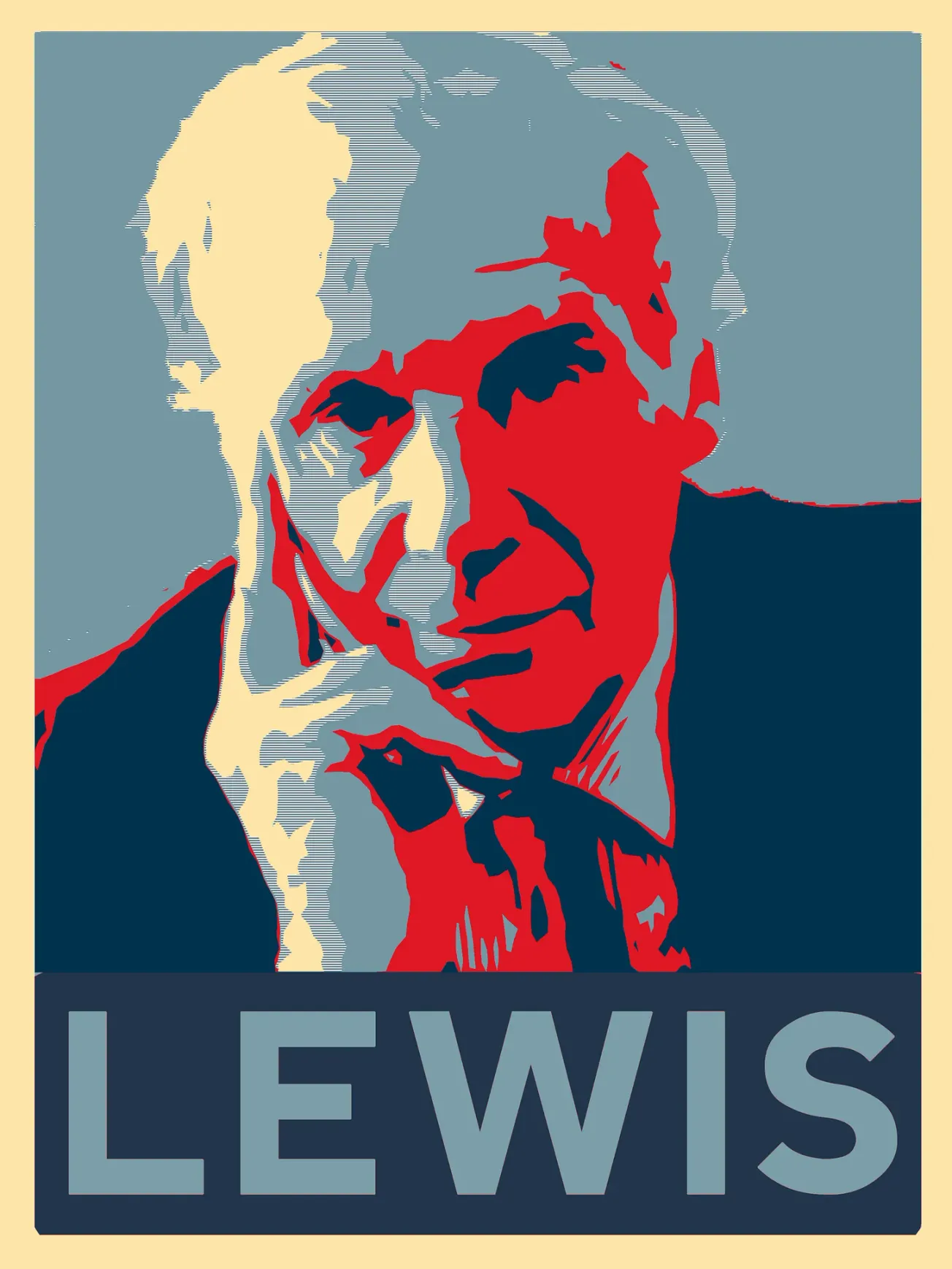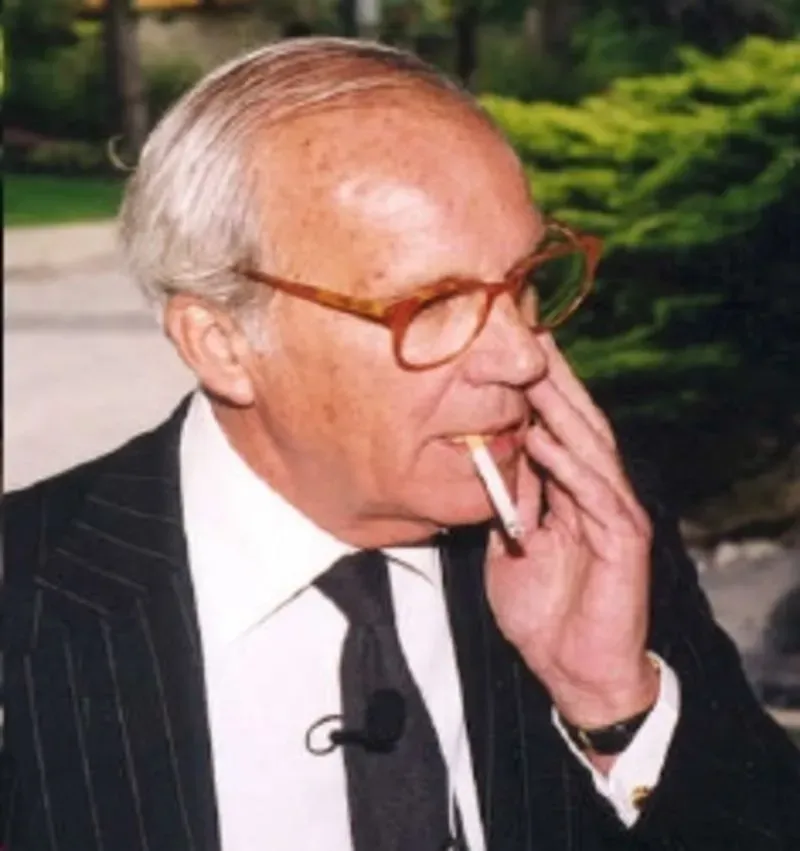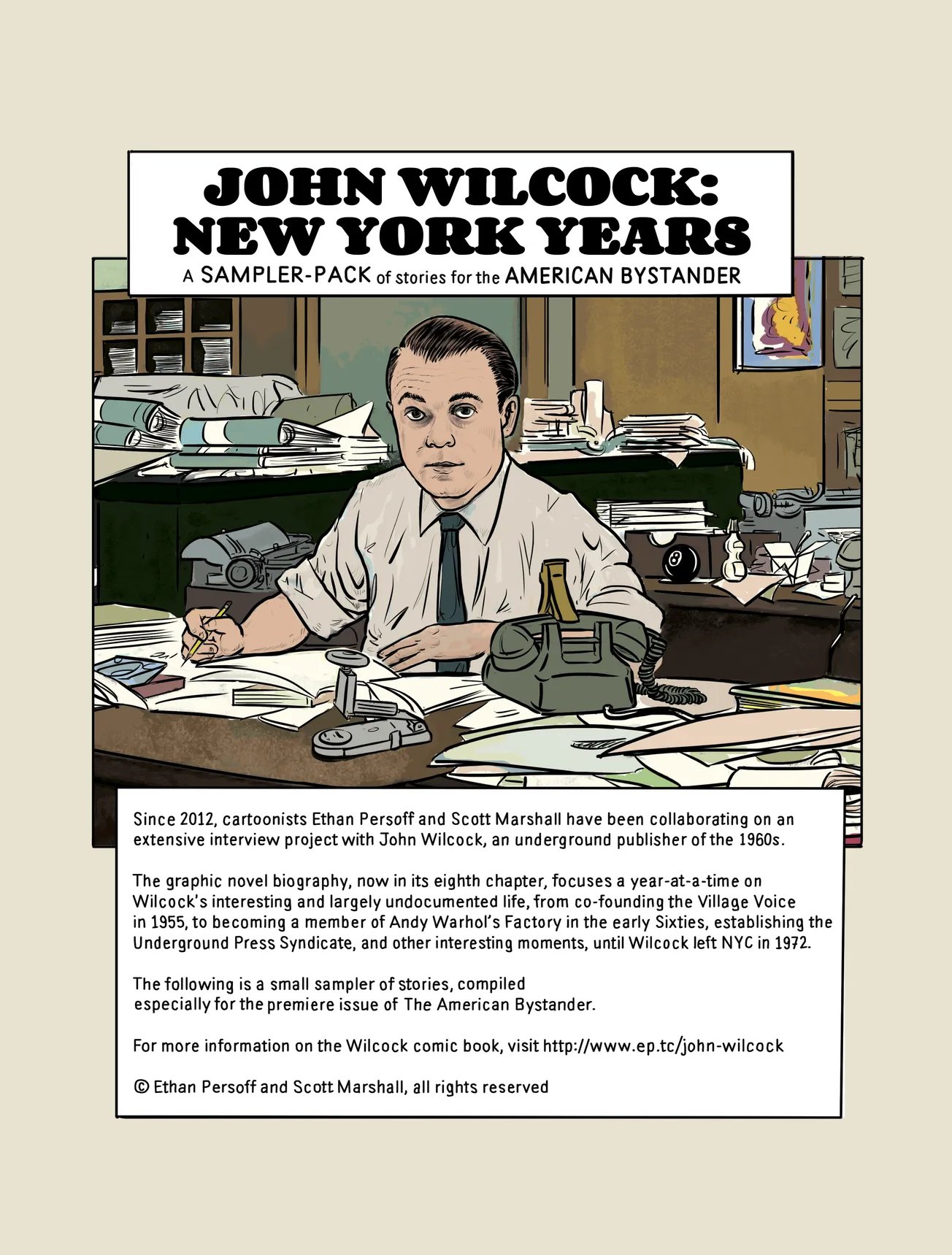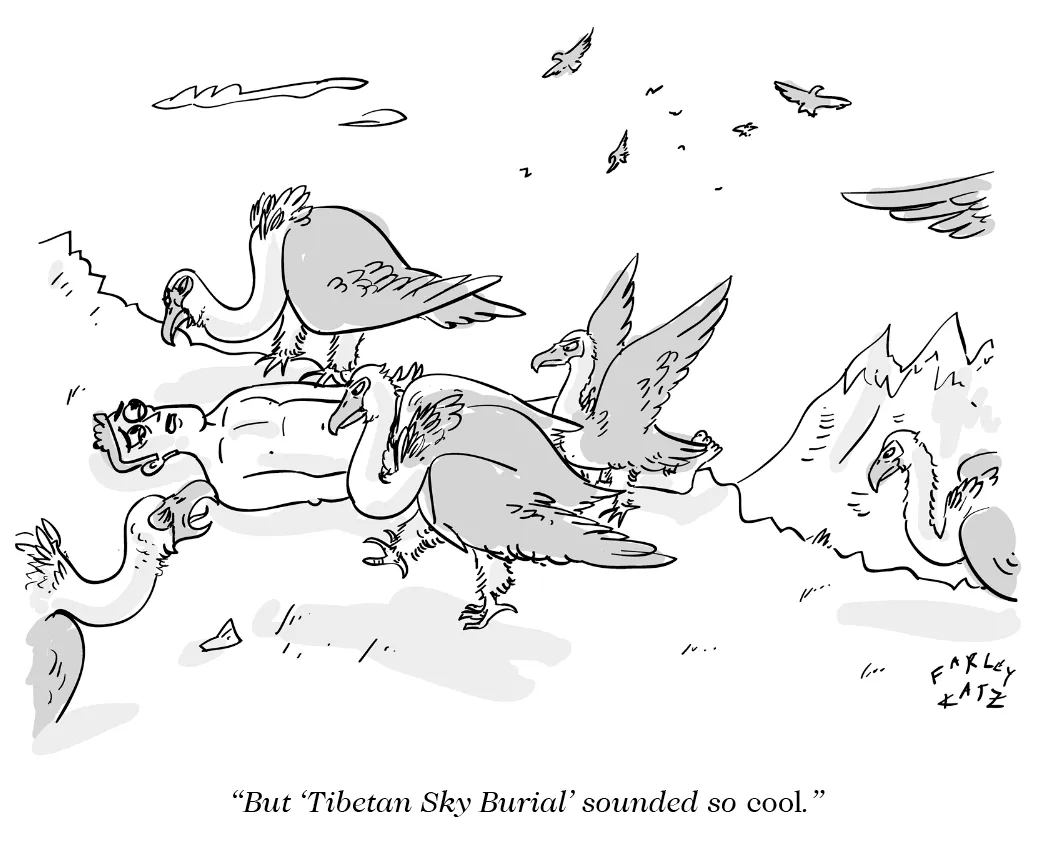I’m in the middle of a first draft of a long-threatened memoir (which paid subscribers will receive, so hit that button below!), but the death of Donald Sutherland has hit me hard enough that I feel a few words are necessary.
“Hit me hard enough”? Well, as jaded as I am about such things—I managed to blog about The Beatles for 15 years without filling a notebook with “Mrs. Richard Starkey” written over and over—it seems I do develop the occasional parasocial relationship. Donald Sutherland was one.
Beginning with The Billion Dollar Brain, his movies are a concentrated hit of culture from the time I like best, roughly 1965-80, and he’s as evocative as any pop song. Pacino and Hoffman, Nicholson and Hackman could and did carry movies after 1980. Donald Sutherland didn’t—he was more like Elliot Gould or Ryan O’Neal in that regard. But unlike those two, Sutherland wasn’t a movie star—he was rather odd-looking, actually, and maybe that lean-faced pop-eyedness was part of the appeal. Donald Sutherland was accessible. There was a winningness to him, but this was coupled with an absolute authority. Whenever he was in a scene, I watched with a bit more attention, and isn’t that the point?
When he did period pieces, Sutherland seemed to pull the picture into that 1965-80 era by sheer force of self. JFK (see below) is a very 1991 movie about a very 1967-75 subject, and you never forget that for a moment. What it’s about is what we’d learned since November 22, 1963—about JFK, the nature of American power, about our government, about ourselves. JFK isn’t about the assassination, it’s about the research.
So there’s a distance to it, like a Sherlock Holmes story. When Hollywood lefties Ed Asner and Jack Lemmon are on screen, we feel we’re still solidly in 1991—even though Asner and Lemmon lived and breathed as adults in 1963, and Asner especially has that lumpy bourbon-at-the-racetrack pre-Beatles visage. Likewise when Joe Pesci is playing David Ferrie, we’re engaging with a contemporary actor merely costumed in the facts learned about Ferrie after his death in 1967.
But when Sutherland is on screen as Mr. X, the movie snaps right into the period I’m talking about. He is Fletcher Prouty; he has the weight of him; you can totally buy Sutherland as a serious spook wanting to unburden himself. (Compare Kevin Costner who, though very watchable as a movie star, at no time embodies the weird, driven, possibly-onto-something-but-also-possibly-crooked Garrison; he is always Kevin Costner circa 1991. Not so Sutherland; and not for nothing did Stone put the central thesis of this three-hour movie in Donald Sutherland’s mouth. Costner’s court scene is—as it must be—feather-light in comparison to Sutherland’s searing indictment.
In mass-cultural terms, the period 1965-80 was characterized by intelligence, paranoia, wide education, casual cynicism, even more casual sexuality, celebration of the individual, youthful exuberance in the face of mass destruction, a love of style, and a determination to find out the truth, especially if it involved something neat like conspiracies or drugs or UFOs or organic farming. All of these mostly died in mass culture with the ascent of Reagan, and mostly haven’t come back. And that’s why Sutherland didn’t have another culture-shaping role after JFK, which was Ollie Stone’s indictment of that precise change.
M*A*S*H is ostensibly about the Korean War, but the moment you see Sutherland, you know it’s really Vietnam.
Animal House is set in 1962, but is really a testament to pre-1980 Boomer id.
In all these cases, Sutherland made the picture much better, by performing his particular magic. But it didn’t always work to the film’s benefit. Take for example Fellini’s Casanova, which combined one of my all-time favorite actors with my all-time favorite director, Federico Fellini. It’s an unwatchable mess. Sutherland was much too much of his time to anchor a historical bio-fantasy ostensibly in the 1700s.
I honestly never realized Donald Sutherland was “one of my all-time favorite actors” until typing it four lines ago. That’s how great he was; Donald Sutherland wasn’t an actor—he just was, like an era.
Raise a glass or cigar tonight; I will.

